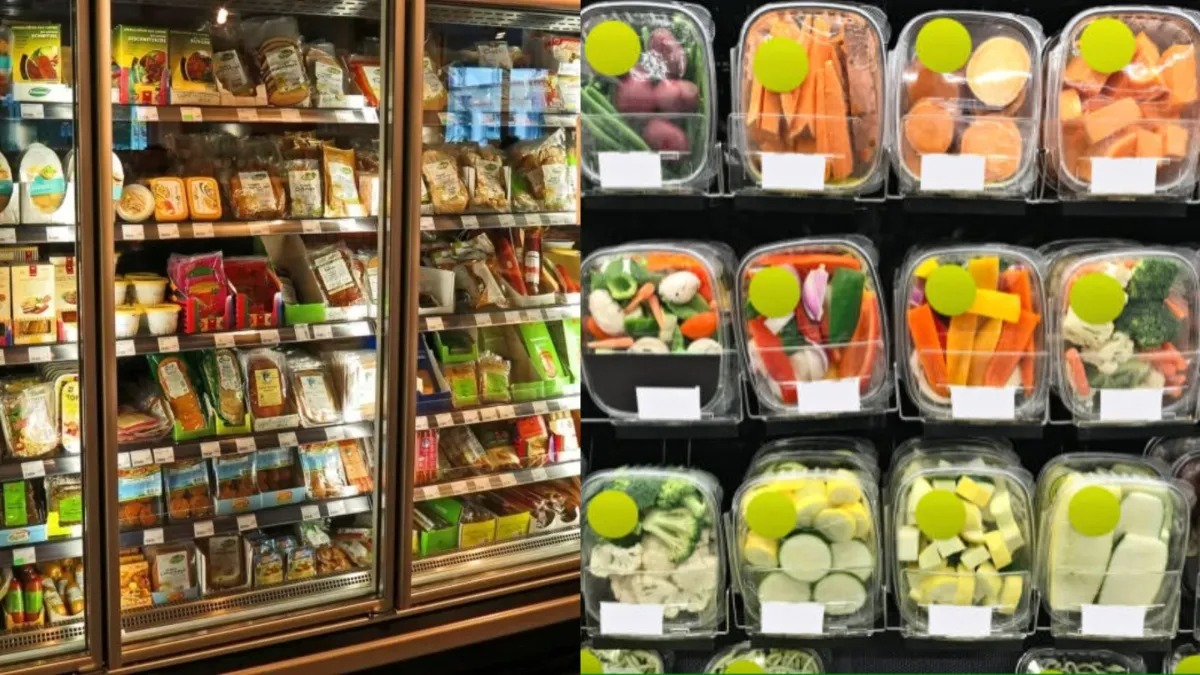

According to a survey of convenient meals and ready-to-eat snacks offered around the world, nutrition researchers found that four out of five foods meet the nutritional claims on the label, but most of the ingredients are fat and carbohydrates. According to the study, more than 70% of calories in all breakfast cereals, porridge mixes, soup mixes and healthy snacks contained carbohydrates. Drinks had the highest carbohydrate content, ranging from 35 to 95 grams per 100 grams. Protein levels were highest among the drink mixes studied, with an average of 15.8 grams of protein per 100 grams, reports the Telegraph. Idli mix came in second with an average of 12.2 grams of protein per 100 grams. Ready-to-eat extruded snacks made from corn, potato, soya or wheat had the highest average levels of fat (28 grams per 100 grams.)
Chennai-based physician R.M. Anjana said that our study shows a great need for improvement in the foods. They should be low in carbohydrates and high in protein and until this happens, consumers should choose such foods carefully or avoid buying such foods. At the Madras Diabetes Research Foundation in Chennai, 432 items from six different food categories were selected for research. These included idli mix, breakfast cereals, porridge mix, soup mix, health beverage mix and extruded snacks.
According to scientists, some items that make claims about nutrients such as protein or fibre on the packaging do not comply with the standards set by the Food Safety Standards Authority of India (FSSAI). Anjana also said that products that claim to have whole grains but do not mention them in their ingredients are misleading claims. Therefore, consumers should read the ingredients and not just the claims made on the package.
What does market analysis say?
According to a study by the Union Science and Technology Ministry, the demand for ready-to-eat snack foods has increased across India due to the growth of nuclear families, busy schedules, long travel and working hours. According to a market analysis, the food industry revenue was $58 billion in 2021 and is projected to grow by 9.5% per year between 2022 and 2027. According to a different market research firm, the market for extruded snacks alone was worth $570 million in 2023 and will reach $1 billion by 2032.
Shobana Shanmugam, nutrition scientist at the Madras Diabetes Research Foundation, said, “Most ready-to-eat foods require only heating or boiling of water and are ready to eat within minutes – this is contributing to their popularity. So we need to redesign the food matrix – we need low-fat extruded snacks, soups with less sodium and more fibre and an overall increase in the protein content in all such foods. For example, the protein content in pulses should be increased. This may increase the cost but it is much better than consuming unhealthy foods.
Read More: The Holi Miracle How I Made Crispy Gujiya Without a Single Drop of Frying Oil

 Share
Share



